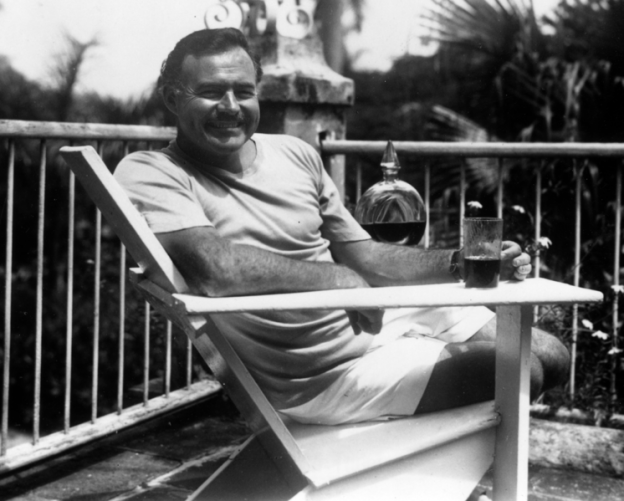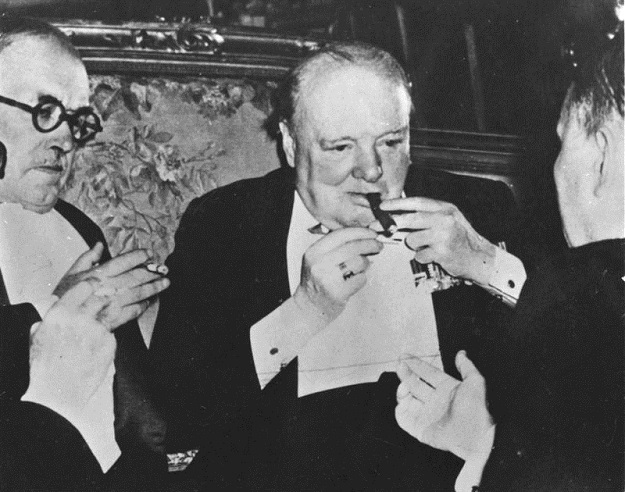
3 Writing Tips from Hemingway
Ernest Hemingway is one of the best known authors of the 20th century. He wrote classics such as A Farewell to Arms, For Whom the Bell Tolls and The Old Man and the Sea — and his literary achievements were crowned with a Noble Prize in Literature in 1954.
His mastery of the word was gained over a lifetime as a journalist and author where he gradually learned the do’s and don’ts of writing. In this post I’d like to share three of the best tips he ever gave to other authors about the secrets of great writing.
1. Write in the Morning
Hemingway was a firm believer in writing in the morning — from around 9am till 2pm — because he could start with a fresh mind after a night of sleeping. He knew that a clear mind was essential, so he resisted reading anything before he started writing. He believed that reading other people’s words would fill his mind with their ideas and drown his own true voice.
He also learned that the morning was the part of the day where he was most likely to avoid interruptions. Similarly, he knew that the thought of writing in a café was seductive to most authors, but the harsh reality was that authors need tranquillity to write. His own experience proved that sitting alone in his hotel room in the morning he was much more likely to produce great literature than in a busy, noisy café with endless possibilities of being interrupted.
2. Don’t Empty the Well
Hemingway knew the importance of breaks in creative work. He was careful never to empty the well, which means keep writing until you are completely drained. Rather, he would stop writing while he knew exactly what to write next.
His experience was that if he let a little water stay in the well (i.e. not drained himself of ideas), it would automatically replenish during the non-writing part of his day and his mind would be full of creativity the next morning when he would start writing again.
He also firmly resisted talking or thinking about his writing during the non-writing part of his day, because the unconscious mind should have peace to replenish the well without being interrupted by the conscious mind. So if he started thinking of his story, he would immediately force himself to think of something else.
3. Be Concise
Hemingway started his career as a newspaper reporter when telegrams were charged by the number of words in them. In this way he learned early to keep his writing concise and use short declarative sentences.
He wrote only about 400-600 words per day — in comparison this post is 520 words — but was careful to select the right words. Some were surprised about how few words he produced per day and questioned his tight style. So to prove his point Hemingway made a bet with a few other writers whether he could write a story in just six words. He won the bet by writing on a napkin: For sale: Baby shoes, never worn.


It as hard to come by educated people about this subject. However, you sound like you know what you are talking about! Thanks.